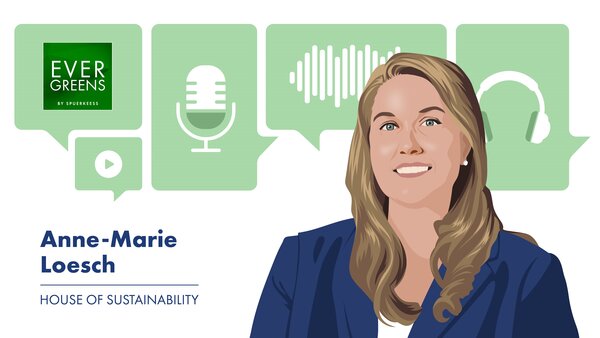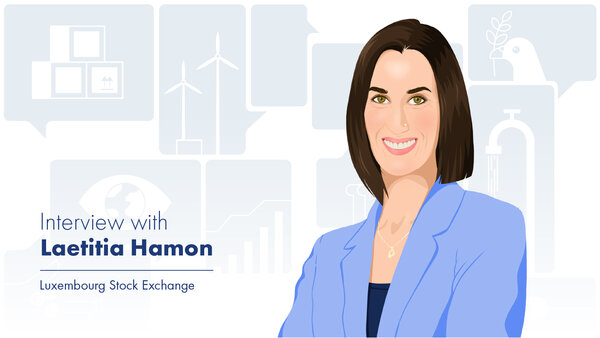
Evergreens Insights: Anne-Marie Loesch's advice on the challenges of sustainability
In this extract from the "Evergreens by Spuerkeess" podcast, we share the views of Anne-Marie Loesch, Head of Sustainability & Business Development at the House of Sustainability, on the importance of sustainability and guiding businesses towards a successful energy transition. Discover her advice on how to apply it effectively and strategies for building a sustainable and resilient business.

![[Translate to English:] [Translate to English:]](/fileadmin/_processed_/9/7/csm_426_EXP_Romy_Reding_Spuerkeess_28mars25_f6a6df7a8f.jpg)
![[Translate to English:] [Translate to English:]](/fileadmin/_processed_/5/8/csm_SP_175_Illustration_422_EXP_Bertrand_Lathoud_Luxembourg_House_of_Cybersecurity_d8f6d97d0e.jpg)
![[Translate to English:] [Translate to English:]](/fileadmin/_processed_/f/5/csm_SP_171_Illustration_420_EXP_Philippe_Parage_CN3_77e5a0f32e.jpg)
![[Translate to English:] [Translate to English:]](/fileadmin/_processed_/8/7/csm_410_EXP_Luigi_Garofoli_Spuerkeess_6fe92987c1.jpg)
![[Translate to English:] [Translate to English:]](/fileadmin/_processed_/7/d/csm_417_RSE_Max_Didier_CDCL_ac53048797.jpg)
![[Translate to English:] [Translate to English:]](/fileadmin/_processed_/1/7/csm_416_EXP_Marco_Rasque_Da_Silva_Spuerkeess__1__33f3f45032.jpg)
![[Translate to English:] [Translate to English:]](/fileadmin/_processed_/9/a/csm_415_EXP_Stephanie_Damge_House_of_Entrepreneurship_ef4a4a81e8.jpg)
![[Translate to English:] [Translate to English:]](/fileadmin/_processed_/3/6/csm_414_EXP_Tom_Wirion_68ffad8a51.jpg)
![[Translate to English:] [Translate to English:]](/fileadmin/_processed_/0/7/csm_Jessica_Thyrion_ESG_080dab77d5.png)

![[Translate to English:] [Translate to English:]](/fileadmin/_processed_/6/2/csm_404_RSE_Elena_Fuzzi_Aude_Payan_KPMG__1__d37f342c7d.jpg)